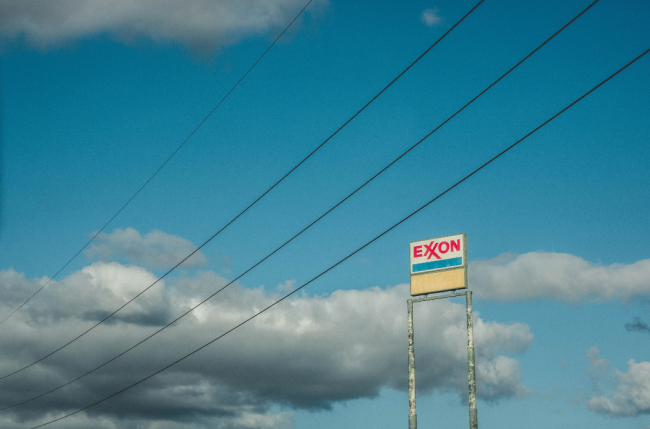On Thursday, the province announced ExxonMobil was eligible to receive reimbursements for the cost of further exploratory drilling off the coast. ExxonMobil is looking for oil in a region called the Jeanne d’Arc Basin. The company can recoup up to $30 million on its second exploration well and up to $50 million for its third. The province allows ExxonMobil to collect this cash through its Offshore Exploration Initiative.
“The Offshore Exploration Initiative has provided an incentive which supports near-term drilling activity and employment,” Energy Minister Andrew Parsons said in a statement. “We continue to support the oil and gas industry during this time of transition.”
ExxonMobil says it is evaluating next steps with an eye toward exploratory drilling in 2023. In a statement, president Lazaro Cosma called the province’s plan to fork over tens of millions “an important consideration in our decision-making.”
The Texas-headquartered oil major is making money hand over fist. In its second quarter alone, ExxonMobil reported nearly $18 billion in profit, up $12.3 billion from the same time last year, as the price of oil skyrocketed.
Greenpeace Canada senior energy strategist Keith Stewart told Canada’s National Observer that Newfoundland and Labrador’s plan is “like giving money to Bill Gates to buy a computer.”
“If we're going to be investing public money in energy systems, it should be in low-carbon energy systems that contribute to stopping climate change rather than accelerating it,” he said.
“And a company like ExxonMobil that has adamantly refused to invest in renewable energy and has been resisting action on climate change for decades, should not be getting public money to do their core business, which is to take carbon out of the ground and throw it up into the atmosphere,” he added.
ExxonMobil boasts multibillion-dollar investments in lower-carbon fuels and carbon capture technologies and presents these as climate solutions. However, a comprehensive study published earlier this year in PLOS ONE found a wide gap between oil majors’ public relations messaging and their actual business plans. The study called ExxonMobil a “flagrant example, having strategically denied climate change and propagated disinformation to mislead the public for over 20 years.”
ExxonMobil’s exploration plans come as other oil majors invest in offshore projects. Equinor is looking to develop the Bay du Nord project after getting approval from the federal government earlier this year, and BP recently got out of the oilsands and went east.
Giving #ExxonMobil money to drill is like "giving money to Bill Gates to buy a computer" says @climatekeith.
A map of all oil exploration, production and significant discovery licences off the coast of Newfoundland and Labrador, along with areas open for bidding on offshore oil projects. Learn more about this map — and the province's offshore oil plans — here.
View the full-screen version of this interactive map by Esri Canada
Newfoundland and Labrador’s economy is in dire straits after massive cost overruns at Muskrat Falls, a hydroelectric dam built by Crown corporation Nalcor Energy that pushed the province to the brink. When oil prices collapsed in the spring of 2020, the province was reportedly weeks away from running out of cash and losing the ability to pay for services. That economic crisis is driving a recovery plan called The Big Reset that banks much of the province’s future on kick-starting new oil production to make up for falling revenue.
That report says there is essentially a 10-year window to sanction new oil projects before the global energy transition takes that revenue stream off the table for the province. That’s why the province is going all out to incentivize oil companies to further explore its offshore area today.
Exploring for oil at sea comes with a wide range of environmental damages. First, identifying where to drill involves towing airguns behind ships and blasting sound waves at the ocean floor to record what bounces back. These blasts are 100,000 times louder than a jet engine and go off every 10 seconds, harming marine life that need to hear to find food and communicate. It also pushes marine life away from their habitats.
Exploration drilling also comes with risks of spills and leaks. The largest spill in U.S. history, the 2010 BP Deepwater Horizon catastrophe, came from an exploration well. It killed 11 people and more than 100,000 birds, turtles and marine mammals, as well as an unknown number of fish.

